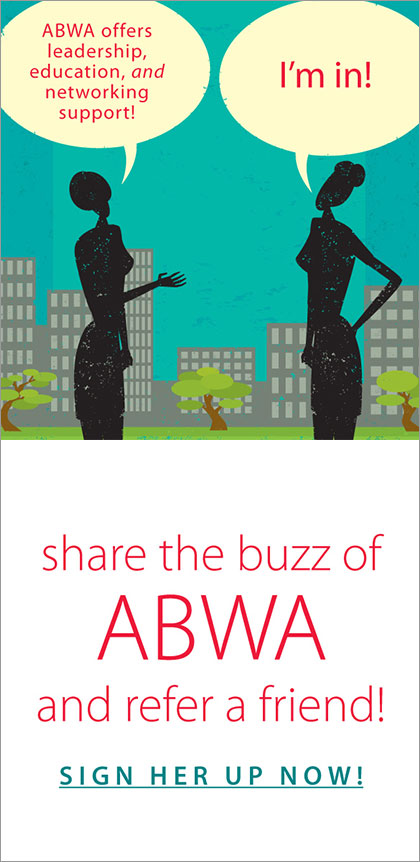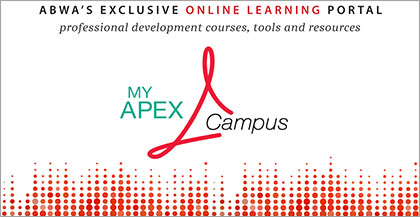
The Secrets of Visionary Thinkers: 2 Simple Steps to Crushing Subconscious Assumptions by Susan Robertson
When we think about famous visionary thinkers, we subconsciously assume that they have some magic characteristic that the rest of don’t have or can’t achieve. But in reality, the only magic they have is an intuitive understanding of how to avoid some very common creative thinking blocks. One of those blocks is the Curse of Knowledge, a cognitive bias, or mental shortcut, that all humans share.
Stuck Inside the Box: The Curse of Knowledge
You’ve probably heard the term “Thinking outside the box.” And you’ve probably, at some point in your career, been asked the think outside the box. But without any understanding of why the box is there or how it was created, it’s hard to know how to break out of it. The reality is that we each create our own “box”, through this Curse of Knowledge.
To understand this concept, imagine for a moment that your task is to think of new ideas for salad dressing. Try to come up with a few in your mind right now – don’t skip ahead!
Chances are, the ideas that came to your mind were incremental variations of existing flavors or ingredients. You may have thought of fruit-flavored dressing. Or spicy, chipotle dressing. Or perhaps dressing that’s flavored like your favorite cocktail. Or your favorite dessert.
All really interesting ideas, IF you are only looking for ideas that don’t change the current nature of salad dressing, nor the way it’s currently manufactured, packaged, sold, or used. The task was to find NEW ideas for salad dressing. That challenge was not limited to simply new flavors, but your brain likely limited your thinking to mostly just new flavors.
Here’s why incremental ideas tend to be the first, and sometimes the only, kind of ideas to emerge. All humans rely on past knowledge to subconsciously try to shortcut problem-solving. We instantly – and subconsciously – call on everything we know from the past to come up with solutions for the new problem. While this ability to call on past learning is an incredibly useful trait in many situations (it’s one of the reasons we’re at the top of the food chain), when you’re looking for new ideas and solutions, it actually becomes a significant barrier. It limits your thinking to nothing but slight variations of what already exists.
The minute you saw the words “salad dressing”, your brain made a bunch of instantaneous assumptions that you’re likely not aware of. Those assumptions were probably things like:
- Salad dressing comes in a bottle.
- It’s liquid.
- It’s stored in the refrigerator.
- It’s used on lettuce.
- Salad is eaten from a bowl or plate.
- Salad is eaten with a fork.
Using the salad dressing challenge again, now assume one of the above “facts” does NOT have to be true. What ideas could you come up with then? You might think of ideas like:
- Salad dressing that you heat in the microwave (not cold).
- Dressing for fruit, or for meat (not used on lettuce).
- A powder whose full flavor is activated when it contacts the moisture of the lettuce (not liquid).
- Salad dressing in the form of a wrap, so you can eat the salad on the go (salad isn’t served on a plate).
- Salad dressing in the form of an edible skewer (salad isn’t eaten with a fork).
As you can see, the nature of the ideas that arise after crushing the imbedded assumptions is dramatically different from the ideas that came before. That’s because your brain is no longer limiting your creativity with artificial guardrails that may not actually exist and that you weren’t even consciously aware of.
Interestingly, the more expertise you have in an area, the more of these limiting assumptions you have subconsciously imbedded in your thinking. So, as an expert in your field, you likely have MANY imbedded assumptions that you’re not aware of, but that are likely impeding your creative thinking in a significant way.
The Cure: Assumption Crushing™ Process:
Fortunately, there is an antidote to the curse of knowledge. Assumption Crushing™ is a technique that involves consciously surfacing and challenging our hidden assumptions.
Assumption Crushing™ Step 1: Surface your subconscious assumptions by generating a long list of statements that start with things like:
- Well, in our business everyone knows…
- We have to…
- Our product is/does/has…
- Well, of course …
- We could never…
Be sure to list some really obvious, superficial, or seemingly trivial “facts,” observations, processes, etc. Sometimes breaking the obvious ones can lead to the most innovative ideas. For example, the fact that salad dressing is liquid seems fairly trivial. But breaking that assumption led to some truly breakthrough ideas.
Assumption Crushing™ Step 2: Once you’ve come up with a long list, pick one that may not have to be true, and start to think of new ideas based on breaking that one. Then pick another and do it again. And again. You’ll amaze yourself with the innovative ideas you come up with.
Remember that the Curse of Knowledge is based on experience and expertise. Many people often assume that the best way to get new thinking, new ideas, and new solutions is to bring together a bunch of experts on the topic. But the reality is that all those experts will have a very similar set of subconscious mental frameworks. (They’ll all have essentially the same Curse of Knowledge.). A better way to generate new ideas is to invite a few experts, and then several other people with different experiences, knowledge, and perspectives. Those non-experts will help force the experts to confront and overcome their curse of knowledge.
The Curse of Knowledge is a formidable adversary that exists in our brains all the time and hinders our visionary potential. By embracing Assumption Crushing™, we can shatter the chains that confine our thinking and unlock the path to visionary breakthroughs.
About the Author:
Susan Robertson empowers individuals, teams, and organizations to more nimbly adapt to change, by transforming thinking from “why we can’t” to “how might we?” She is a creative thinking expert with over 20 years of experience speaking and coaching in Fortune 500 companies. As an instructor on applied creativity at Harvard, Susan brings a scientific foundation to enhancing human creativity. To learn more, please go to: SusanRobertsonSpeaker.com.



